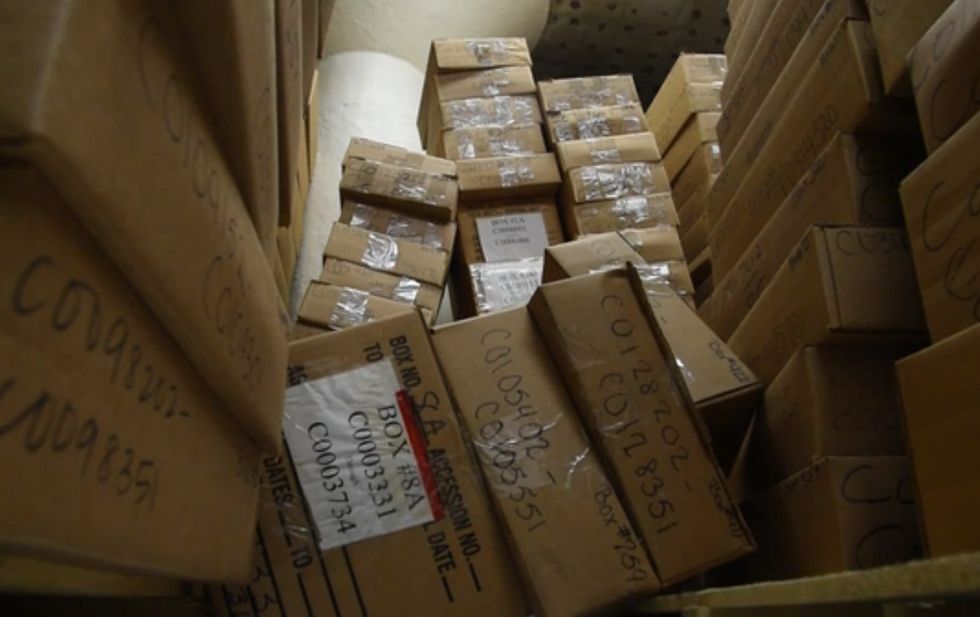
Image source: Baltimore Sun

They sit in an old fallout shelter underneath the Maryland State Police headquarters in Pikesville.
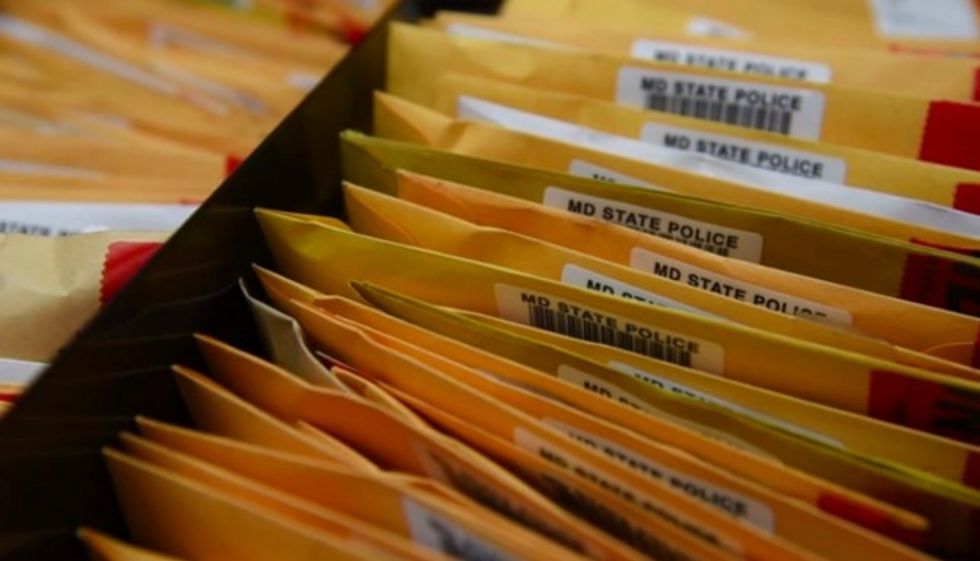
More than 300,000 bullet casings — each one photographed and sealed in its own barcoded envelope and then stacked in boxes from the floor to the ceiling.
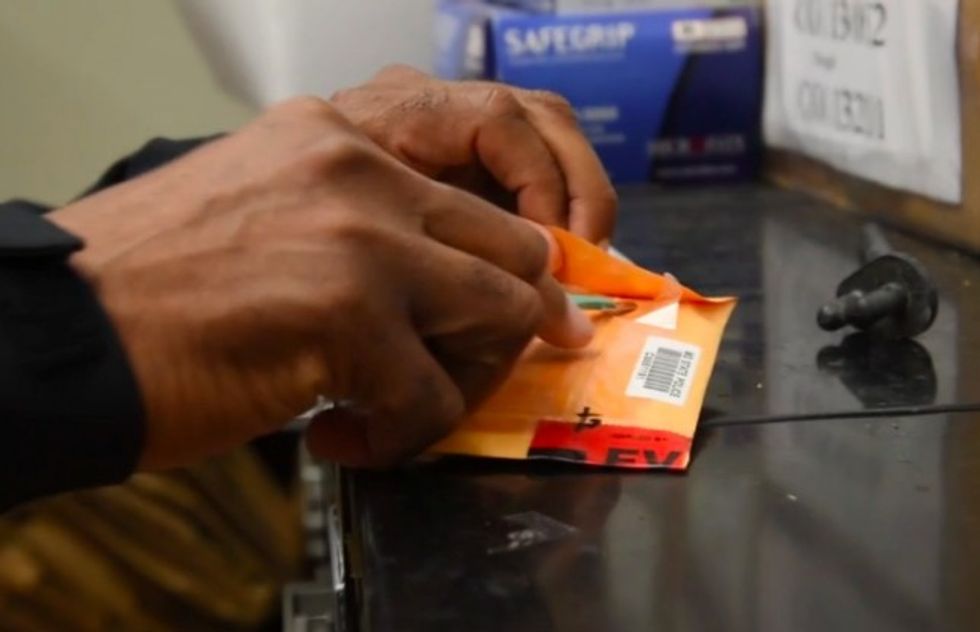
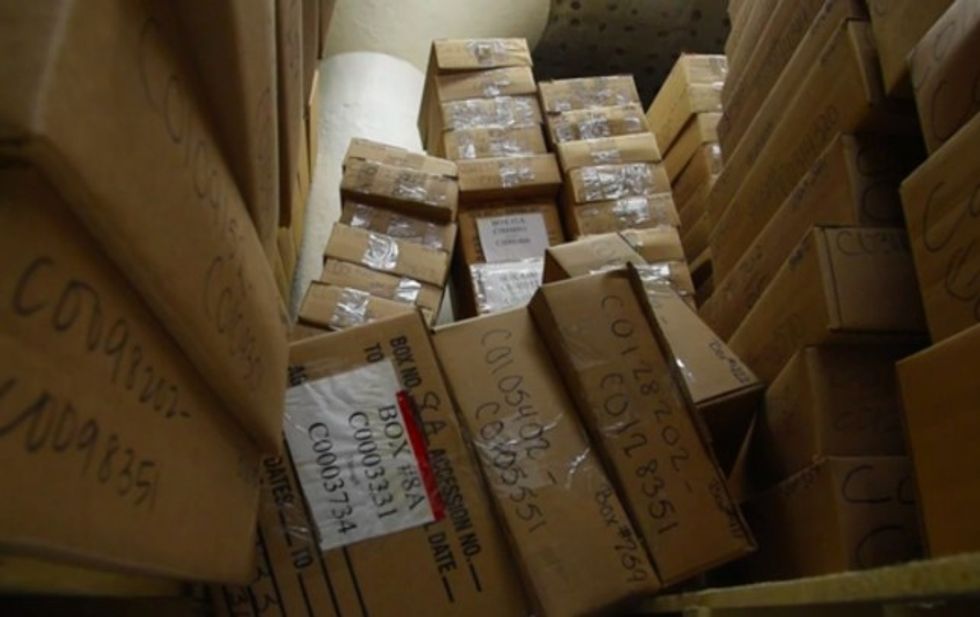
They're the voluminous remains of a program launched back in 2000 that created a database of bullet casings from every single gun sold in the state with the hope that the "gun fingerprint" information would lead to forensic breakthroughs and solved crimes.
And after 15 years and $5 million in costs, how many cases has the program cracked?
Zero.
And now the state has scrapped the whole thing, the Baltimore Sun reported.
Maryland passed a law in 2000 that required gun manufacturers to fire every handgun for sale in the state and then deliver the bullet casings to authorities, the Sun noted. And that's where the "gun fingerprint" database came into play.
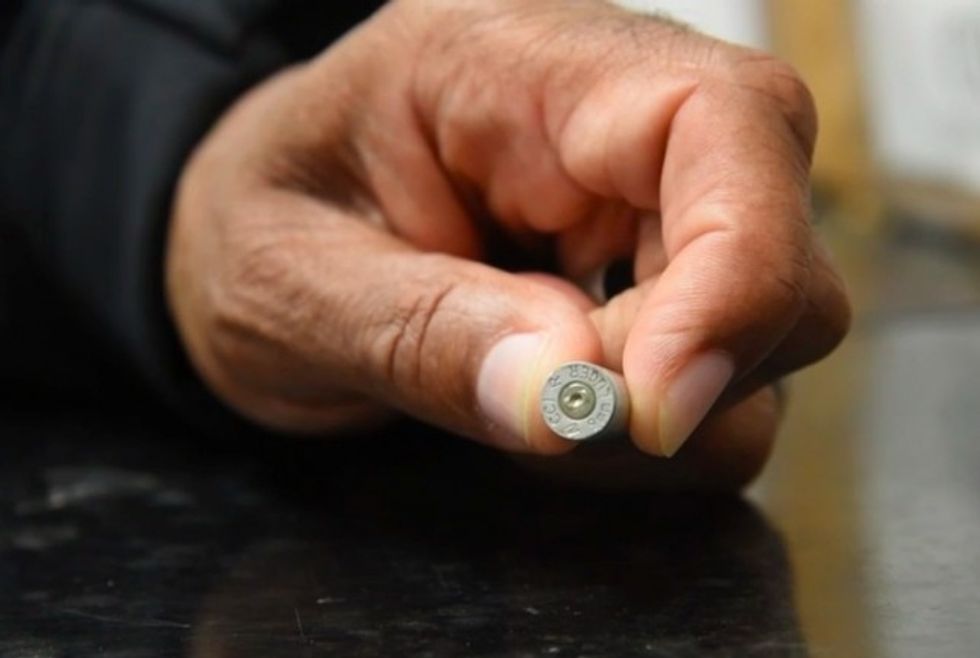
While markings etched on a bullet casing can indentify the gun from which it was fired, technological issues doomed the Maryland program.
For one thing, when investigators submitted bullet casings from crime scenes, the computerized imaging program sometimes returned hundreds of matches. The state sued the manufacturer in 2009 for $1.9 million, settling three years later for $390,000, the Sun reported.
Indeed the program has helped investigations somewhat — 26 times since it was launched. But in each instance authorities already knew about the gun, state police told the Sun.
"Obviously, I'm disappointed," former Democratic Gov. Parris N. Glendening, whose administration was behind the program's launch, told the paper. "It's a little unfortunate, in that logic and common sense suggest that it would be a good crime-fighting tool."
Others disagree. "There's things that they could have done that would have made sense," Frank Sloane, owner of Pasadena Gun & Pawn in Anne Arundel County, told the Sun. "This didn't make any sense."
After a new gun control law passed in 2013, Maryland gun sales spiked and the "fingerprint" law triggered a huge backlog for the program, which had to hire eight people just to organize almost 60,000 new casings that had come in. By the fall of 2014, state police said the program had solved no crimes, the Sun reported.
"If there was any evidence whatsoever — any evidence — that this was helpful in solving crimes, we wouldn't have touched it," state Sen. Bobby Zirkin, a Democrat, told the paper. "The police came in and said it was useless. No one contradicted that."
Gun manufacturers weren't happy, complaining for most of the program's existence that they were firing rounds from brand-new guns for no reason.
"It drove the gun collectors nuts," Maryland State Police spokesman Greg Shipley told the Sun. "It's like a car. As soon as you drive it off the lot, it loses value."
When the ballistic fingerprinting law was repealed effective Oct. 1, bullet casings were no longer required to be sent in — and the General Assembly said state police could sell off its inventory for scrap.
(H/T: Baltimore Sun)
—
Follow Dave Urbanski (@DaveVUrbanski) on Twitter